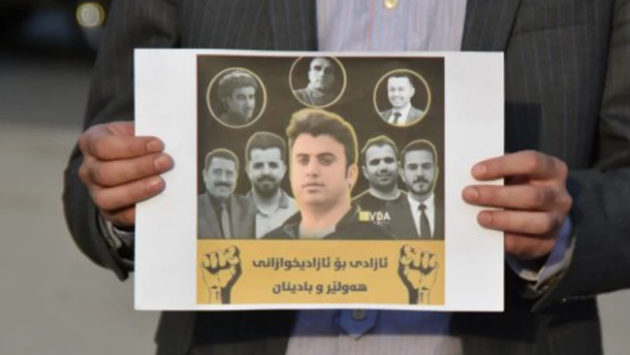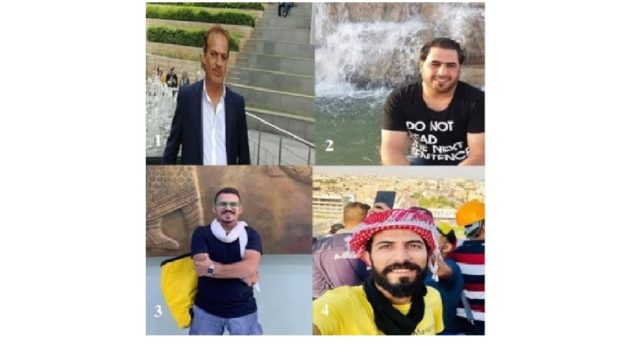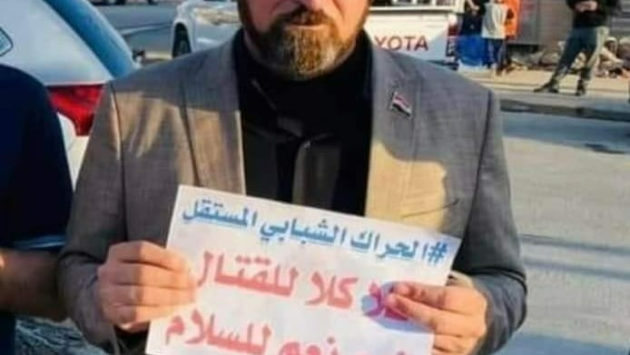After Daeesh kidnap and oppression, Iraqi girls eager to get lives back

The first thing Iraqi teenager Afrah did when she escaped Daeesh captivity near Mosul was to remove her face veil and throw it defiantly to the ground.
The ultra-hardline militants kidnapped and used Afrah, 16, her older sister Asil and 14 other family members and relatives as human shields when they withdrew from the Iraqi city of Tikrit, her hometown around 200 km (125 miles) south, early last year.
For a year and a half the family was trapped in the village of Bawiza just north of the jihadists’ Iraqi stronghold. The girls tried to keep a low profile and barely ventured outdoors.
When Iraqi forces pushed into the village a few days ago, part of the U.S.-backed campaign to oust Daeesh from Mosul, they were determined not to be taken hostage again, and rushed towards the military’s armored vehicles.
Having survived the militants’ oppressive rule, Afrah and Asil, 19, want to put the harrowing experience behind them, return to Tikrit, resume studies, work and get their lives back.
“I’ve lost two years of my education. I want to get back to school, complete my studies and then qualify to become a dentist,” Afrah said.
Asil, for her part, wanted to go back to her job issuing food hygiene certificates to restaurants and cafes.
“I loved that job, I can’t wait to start again,” she said.
The two sisters spoke as they waited in the desert alongside hundreds of other displaced Iraqis trying to cross into Kurdish-controlled areas a few kilometers northeast of Mosul.
Explosions could be heard coming from the city, as the campaign to drive IS out continues with fierce street battles between the militants and Iraqi forces.
Daeesh has taken civilians hostage to avoid being targeted by air strikes, has executed people in Mosul, used women from religious minorities as sex slaves and enforced its conservative rules on others using female religious police.
“If you dared not to wear a niqab (face veil), you’d get a fine on the first occasion, around 50,000 dinars ($40). After that, they’d beat you as punishment,” Afrah said.
“I hardly went out, I slept, ate, that was it. A few months ago they cut off the internet, too. It was boring. I didn’t want to go to one of their schools where they teach you only about weapons and religion,” she said.
NEARLY AN ISIS BRIDE
Afrah wore a long brown coat and bright woolly hat. She said she would continue to wear the Muslim headscarf but was relieved to show her face again.
Asil had also shed her niqab.
The elder sister narrowly avoided being married off to an Daeesh fighter while they lived in Bawiza, she said.
“Dad refused to give the guy my hand in marriage,” she explained – a dangerous act of defiance that nearly got her father Sae




